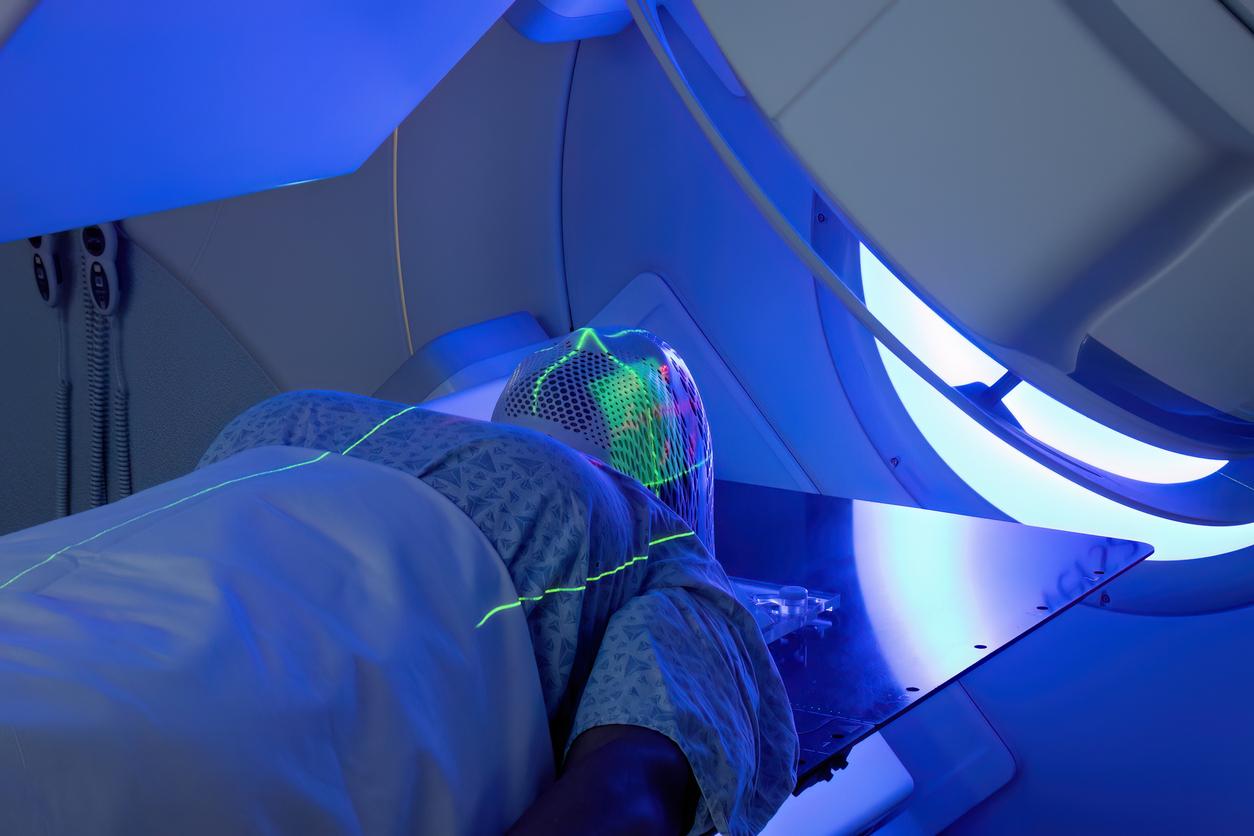It is undoubtedly because they have been able to see first-hand the progress of cancer research that seniors are the most optimistic about the disease. Asked as part of the Institut Curie-Vivavoice Cancer Barometer 2013, 73% of those over 60 said that the chances of recovery were better today, while those aged 18-24 prefer to speak of stability in the proportion of recovery. But all age groups combined, 65% of French people believe that the cancer is a disease that is being treated better and better.
Faced with the improvement of survival rateto cancer, “post-cancer” now appears to be a less uncertain issue. 72% of those questioned (6% more than in 2011) believe that a person cured of cancer can find the same life as before the disease. Here again, seniors are more optimistic in returning to a normal daily life (79% believe it). But it is true that they will not have to overcome what is considered to be the main pitfall by 30% of those questioned: professional reintegration.
A large majority of French people consider that hospitalization is too restrictive for a patient with cancer because he is cut off from those around him. Almost 8 out of 10 people (79%) favor day hospitalization, which allows the patient to return home the same day of treatment. It is especially women (85%) who prefer this outpatient hospitalization. The reasons given: not being alone (for 53% of those questioned), to preserve morale and psychological balance (31%) and to maintain a normal lifestyle (27%).
355,000 new cases of cancer each year (155,000 in women and 200,000 in men)
148,000 annual deaths (63,000 in women and 85,000 in men)
56,800 new cases of prostate cancer (the most common cancer in men)
18,900 new cases of breast cancer (the most common cancer in women)
The most fatal cancer in humans is lung cancer (21,300 deaths in 2012).
The most fatal cancer in women is breast cancer (11,900 deaths in 2012).


















